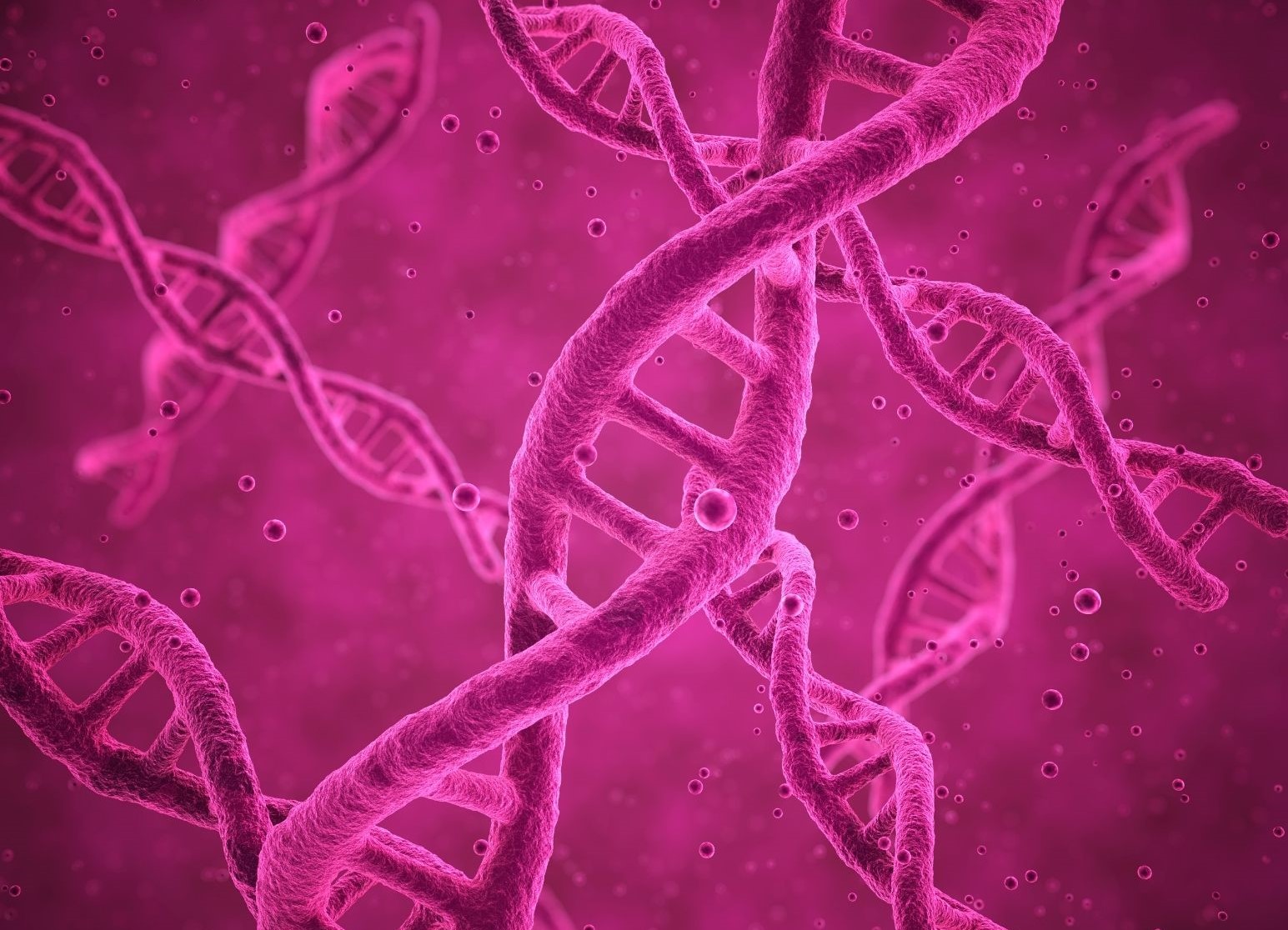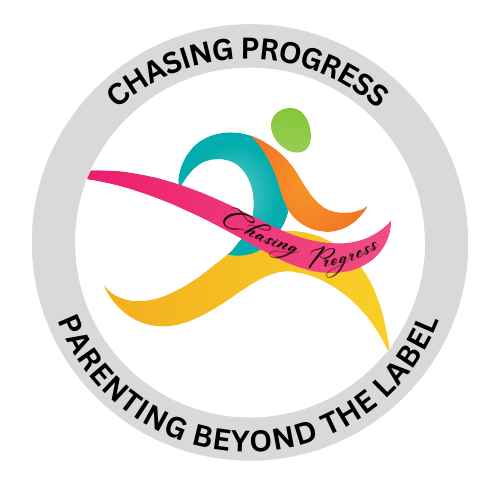What is Kleefstra Syndrome?

Kleefstra syndrome, also known as 9q34.3 deletion syndrome or Koolen-de Vries syndrome, is a rare genetic disorder caused by a microdeletion or mutation on chromosome 9q34.3. It was first identified by Dr. Tjitske Kleefstra and her colleagues in 2005.
Individuals with Kleefstra syndrome typically experience a range of physical, cognitive, and developmental challenges. Some common features and characteristics of the syndrome include:
1. Intellectual Disability: The majority of individuals with Kleefstra syndrome have intellectual disability ranging from mild to severe. They may have delayed speech and language development and require support for learning and daily activities.
2. Developmental Delays: Children with Kleefstra syndrome may exhibit delays in reaching developmental milestones such as walking, crawling, and talking. They may also have difficulties with fine and gross motor skills.
3. Speech and Language Impairments: Many individuals with Kleefstra syndrome have limited speech abilities and may require alternative communication methods or assistive devices to communicate effectively.
4. Behavioral Challenges: Behavioral issues, such as autistic-like behaviors, repetitive movements, hyperactivity, and anxiety, are common in individuals with Kleefstra syndrome. However, the severity and specific behavioral traits can vary widely.
5. Facial Dysmorphism: Some individuals with Kleefstra syndrome may have distinct facial features, including a long face, low-set ears, a broad and prominent nasal bridge, and a thin upper lip.
6. Medical Conditions: While not present in all cases, there may be additional medical conditions associated with Kleefstra syndrome. These can include heart defects, kidney problems, epilepsy, gastrointestinal issues, and hearing loss, among others.
It is important to note that the specific characteristics and severity of Kleefstra syndrome can vary from person to person. Early intervention, individualized therapies, and support from a multidisciplinary medical team can help manage the symptoms and improve the quality of life for individuals with Kleefstra syndrome.
Here are some reliable websites that provide more information on Kleefstra syndrome:
1. Kleefstra Syndrome Foundation: The official website of the Kleefstra Syndrome Foundation offers comprehensive information about the syndrome, including its symptoms, causes, diagnosis, management, and support resources. You can also find updates on research initiatives and upcoming events related to Kleefstra syndrome.
2. National Organization for Rare Disorders (NORD): NORD is a trusted resource for rare diseases, including Kleefstra syndrome. Their website provides an overview of the syndrome, its genetic cause, symptoms, and available support resources. They also offer information on research studies and clinical trials related to rare diseases.
3. Genetic and Rare Diseases Information Center (GARD): GARD is a collaboration between the National Institutes of Health (NIH) and the Office of Rare Diseases Research (ORDR). Their website provides comprehensive information on rare genetic disorders, including Kleefstra syndrome. You can find an overview, signs and symptoms, treatment options, and resources for further support.
4. Rare Disease UK: Rare Disease UK is an alliance of organizations and individuals working to improve the lives of people affected by rare diseases. Their website provides general information on rare diseases, including Kleefstra syndrome, and offers support and advocacy resources for patients and families.
Please remember, it’s important to consult with healthcare professionals and specialists who have expertise in Kleefstra syndrome for specific medical advice and personalized information about your individual situation.
